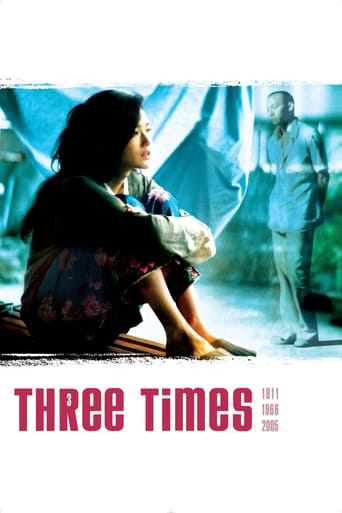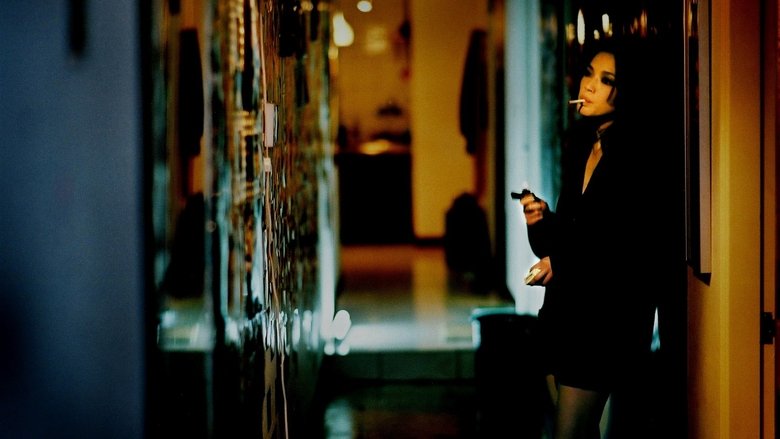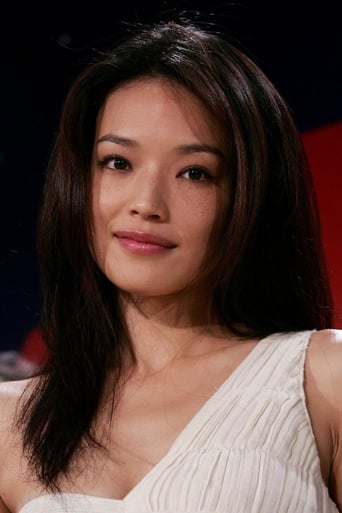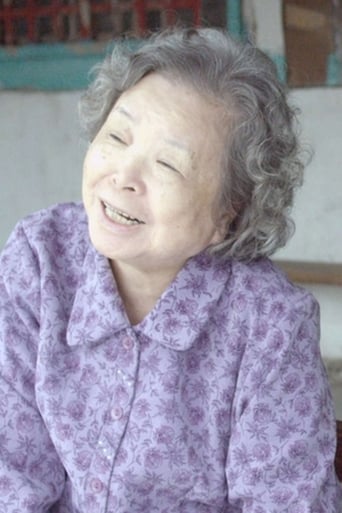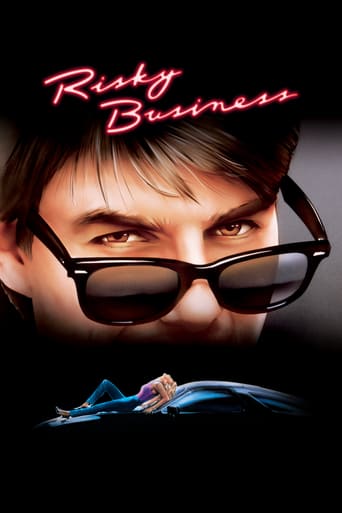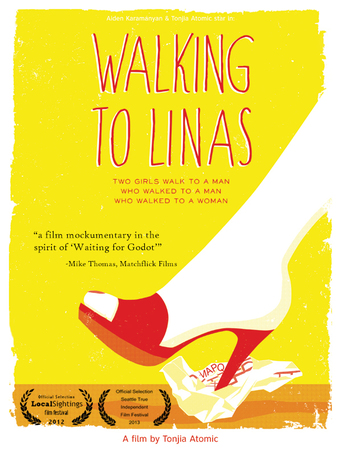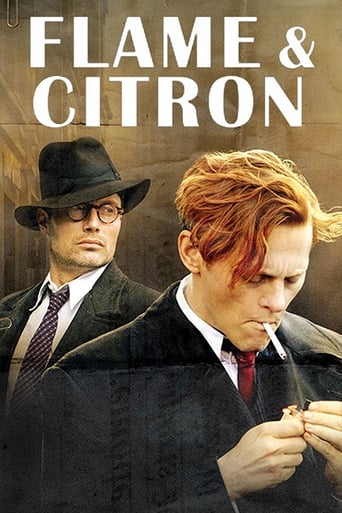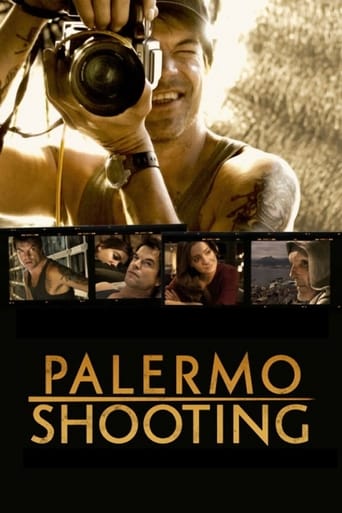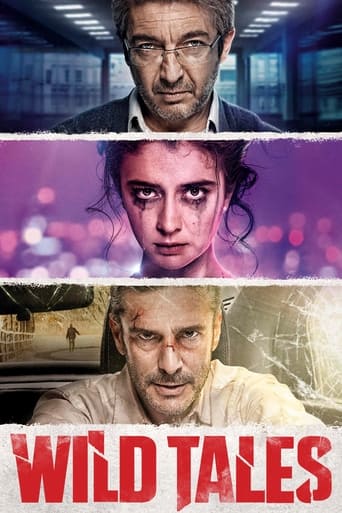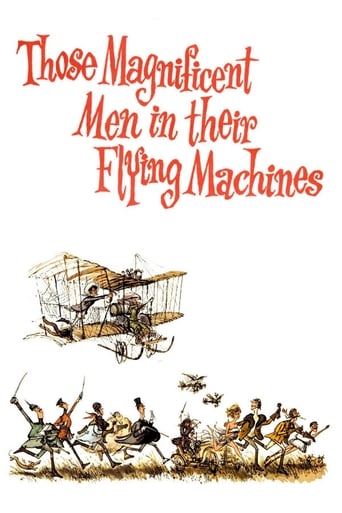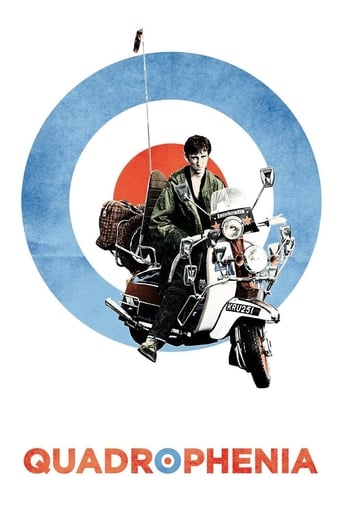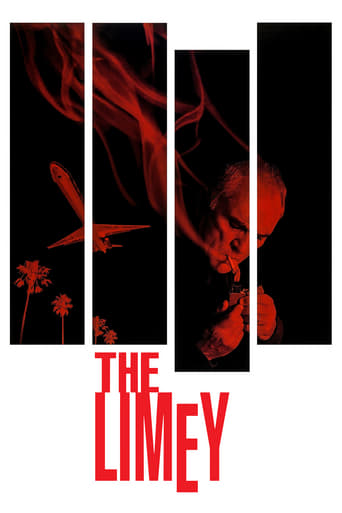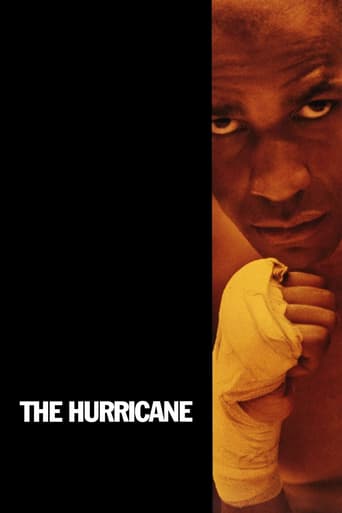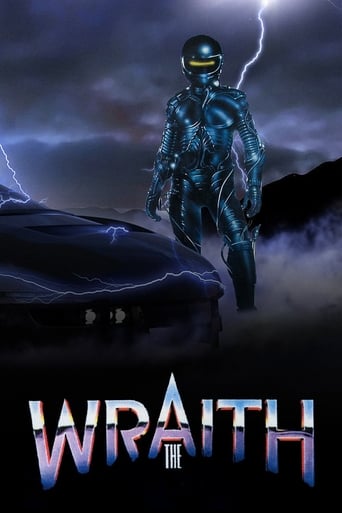Three Times (2005)
In three separate segments, set respectively in 1966, 1911, and 2005, three love stories unfold between three sets of characters, under three different periods of Taiwanese history and governance.
Watch Trailer
Cast


Similar titles
Reviews
Excellent adaptation.
I wanted to like it more than I actually did... But much of the humor totally escaped me and I walked out only mildly impressed.
An old-fashioned movie made with new-fashioned finesse.
The film's masterful storytelling did its job. The message was clear. No need to overdo.
or, only mirror. a couple. different periods. definition of relationship, frame of ordinary experiences, love, need, search of other like way to define yourself. a trip. a discovery. a form of fragile wise, joy and images. gentle, cruel, bitter, almost chaotic. a man. a woman. and something else. three pictures. first - in sepia, sign of happiness. the second - ash picture. the last - storm of reality. and the feeling after its end. a kind of jewel. or, only, a meeting. like evening on beach. in summer, in winter, in spring. must see it ! not exactly for delicate - precise art of team. but for a feeling who describes it only as experience. nothing more.
Three Times tells three unconnected love stories in Taiwan in 1966, 1911, and 2005, with the lovers played each time by Chang Chen and the gorgeous Shu Qi.1966 is a charming, exquisitely-realized romance. On brief days of leave from military service, Chang insouciantly woos Shu over a game of pool, and then pursues her in small- town pool halls across Taiwan. 1911 is silent, with inter-titles for formalized dialogue. Chang is a wealthy young reformer meeting Shu as a courtesan in her room in a large Japanese house, between excursions with the great scholar and politician Liang Qichao. In 2005, Shu has a jilted girlfriend as well as photographer Chang, and sings in dark underground clubs in Taipei. Shu is damaged physically and emotionally, and self-consciously alienated from meaning in her life.Three Times is unmistakably Hou, with long static takes and minimal dialogue. It is beautifully shot with framed compositions which return like motifs through each section, and he makes the most of his photogenic actors.In 1911, Chang writes to Shu to tell her he is leaving for Shanghai and he may never return, his reforming ideals falling before the courtesan who he is unwilling to save. In that moment, Three Times becomes national allegory, and Shu Qi is Taiwan herself, abandoned by China and its hypocrisies. Hou is writing her history as a continuous narrative across the Japanese colonial period, the KMT era and the present. As an allegory, Three Times becomes Hou's personal and critical view of Taiwan. After being left to her fate, she returns steeped in nostalgia in the 1960s with freshness, charm, and captivating beauty. But by 2005, she is fractured, cynical, materialistic, and tragically lost in her modernity.Three Times' elegiac presentation of the 1960s, when Taiwan was an authoritarian state under martial law, makes it very particular critique and sure to irk those who would write that period differently. But as Taiwan struggles through its current crisis of confidence, Hou's film is a timely and harsh commentary, and its wholly ambiguous and uneasy ending suits the moment.
A triptych film about love in different time periods. The first segment takes place in 1966, the second in 1911 and the third in 2005. Like all multiple-segment movies, the segments are of varying quality. People will of course prefer different segments. The first segment is simple and sweet. A man, about to embark on military duty, meets up with a girl who works in a pool hall. He falls in love with her, and writes her after he leaves. When he returns, he searches for her desperately, and they spend a too-short evening together. It's nice, but it doesn't amount to much. The 1960s American love songs strike me as completely antithetical to everything Hou has stood for in the past. I would be surprised if someone saw this and didn't call to mind Wong Kar-Wai. To be perfectly honest, I had a damn tough time paying any attention at all to the second segment. The story works within historical, cultural and political contexts that are not always easy to understand. For some odd reason, Hou decides to convey the dialogue as if it were a silent movie. It's a strange and pointless gimmick. 1911 is a tad too early to be thinking of any well-known silent cinema. I'm guessing that China had barely seen the technology yet. Plus, the segment is filmed just as the other two are, in splendorous colors (the photography is drop-dead gorgeous throughout). I'm not big on Hou, and I'm not especially big on silent cinema, either, so the cocktail did absolutely nothing for me. Oh, and that awful upscale-hotel elevator music is just unbearable! The third segment is by far my favorite, and probably my second favorite thing Hou has ever done. Possibly even the best; I'd have to re-watch Flowers of Shanghai. It's quiet and subtle, like all of Hou's films, but, as rarely happens with me in his cinema, I actually connected with the characters and the story. I don't know if I would have liked it if it were an entire feature, but at this length it worked quite well. Oh, and Shu Qi is a babe. She was also in Millennium Mambo. Kind of wish Hou would have let her make out with that girl in that last segment. Damn you Hou Hsiao-Hsien!
This film is a darling of the critics. Roger Ebert gave it four stars; A. O. Scott of the NY Times describes it, on the DVD's box, as "a masterpiece," adding, "this is why cinema exists." That being the case, if you are, or aspire to be, a devotee of cinema, then this film may be required viewing. But if your sensibilities run toward (mere) movies, beware.The film, set in Taiwan and China, depicts three love stories -- set in three historical periods: 1911, 1966, and 2005 -- using the same actor and actress. The problem, simply put, is that "Three Times" moves at a glacial pace and little happens. As one of the few critics not to wax euphoric put it, "if this movie moved any slower it could qualify as a photograph." When each segment ended, and when the final credits rolled, the question plaintively asked by Peggy Lee came to mind: Is that all there is?

